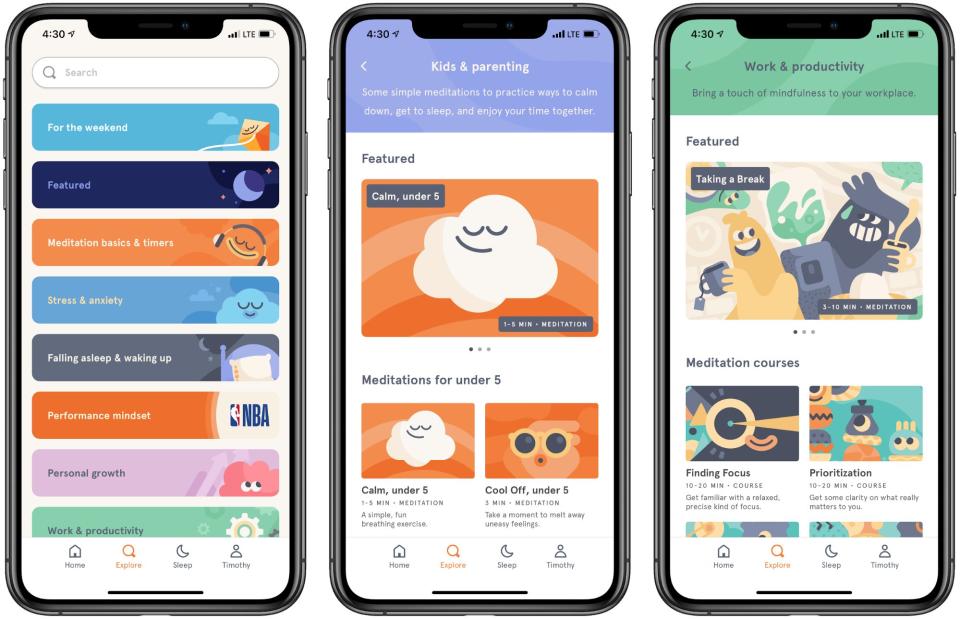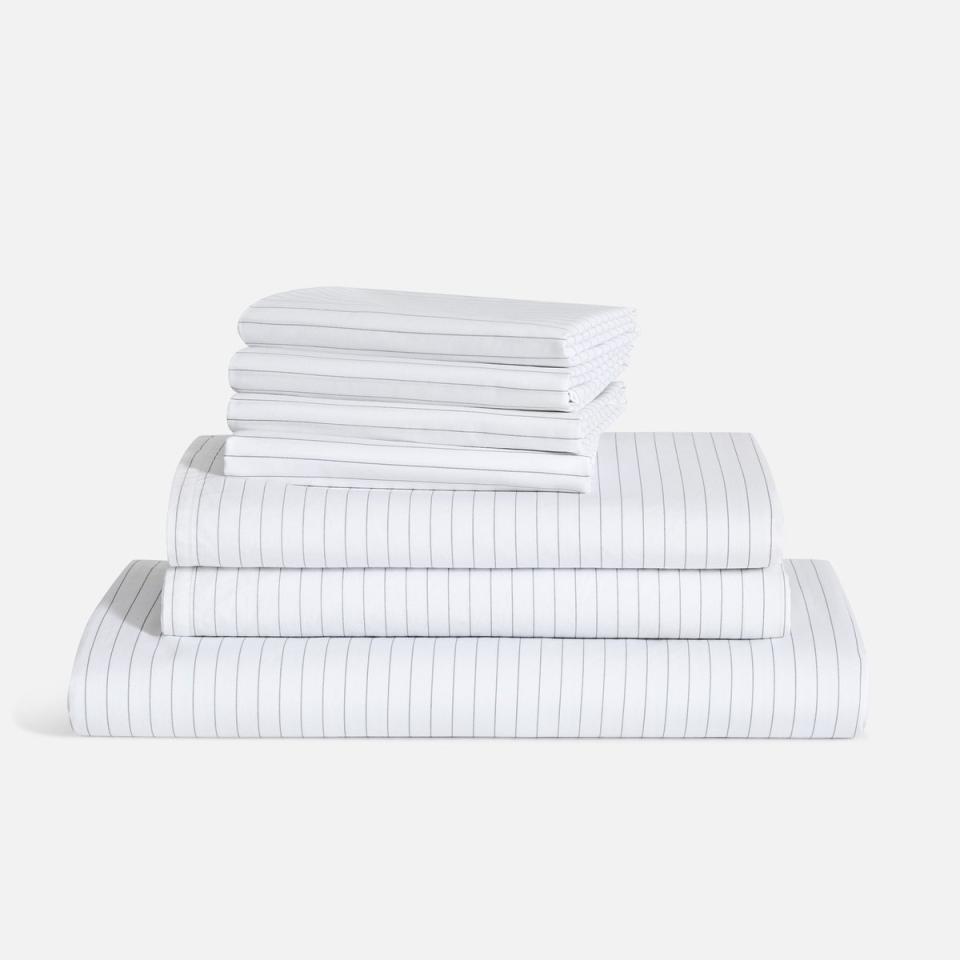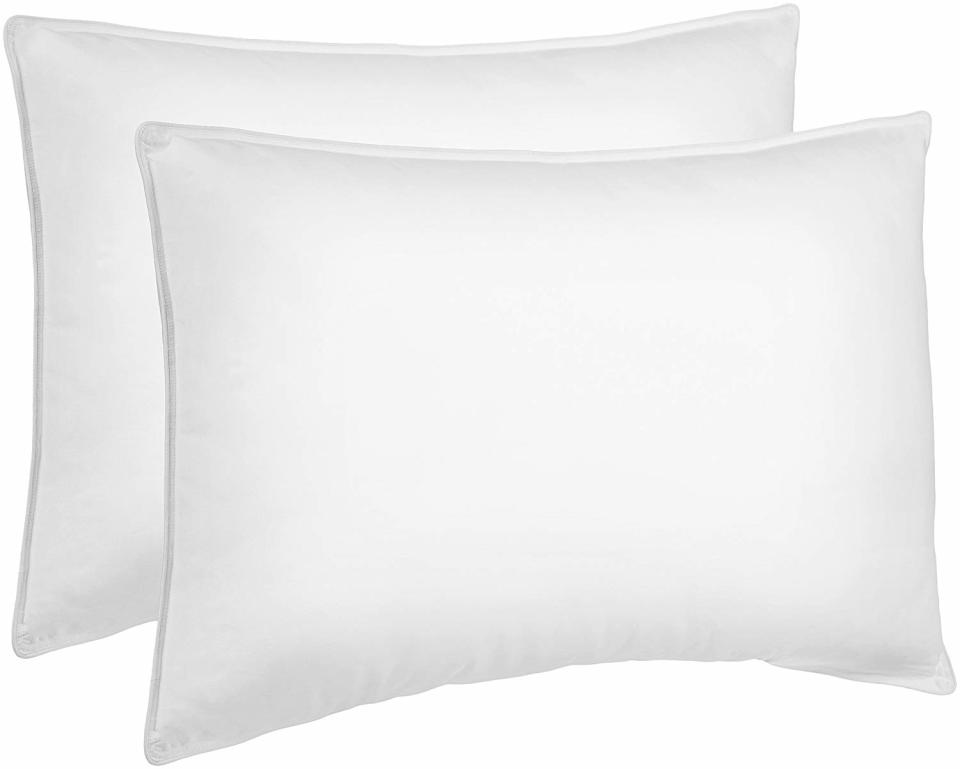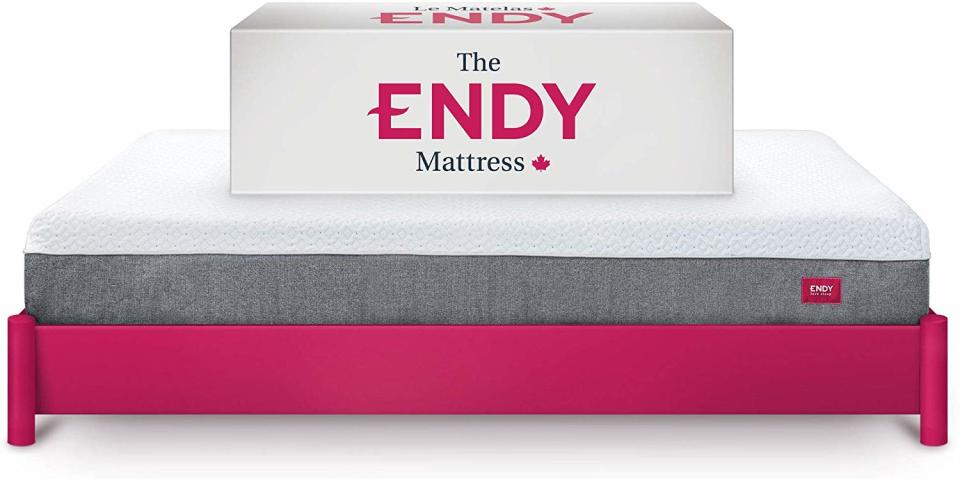Daylight Saving Time is ending: Why it hits us so hard and how to prepare
The dreaded time change is almost here.
This weekend, clocks will fall back one hour across Canada, putting an end to Daylight Saving Time for another year (which will resume in 2023 on Sunday, March 12).
This Sunday, Nov. 6, clocks will fall back one hour, meaning that the sun will be out earlier in the morning and the days will get darker sooner.
Daylight saving is a controversial tradition that, despite having roots as an energy-conservation initiative in the First World War, is still in practice today.
And while many Canadians are thankful for an extra hour of sleep, Daylight Saving Time has been shown to negatively impact our health, particularly when we lose an hour every spring.
It can be challenging to get back into the swing of things after the clocks roll back an hour, so Yahoo Canada chatted with sleep consultant Amanda Jewson to get the lowdown on why Daylight Saving Time hits us so hard — and what to do about it.
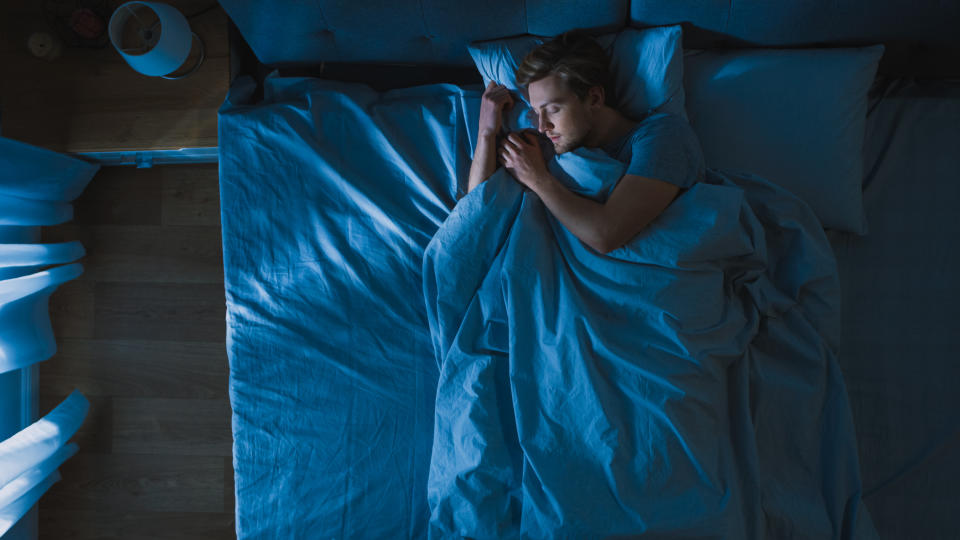
Why does Daylight Saving Time ending affect us so much?
Your body experiences the time change almost like jet lag, so when your internal clock suddenly doesn't line up, the misalignment can be a real problem.
And even though many Canadians see the fall time change as an opportunity for an extra hour of sleep, they might actually stay up later or change their routine, paradoxically causing less sleep.
“It feels so inconsequential just one hour, but when we look at the data, being sleep deprived has some pretty significant effects,” says Jewson.
“It increases risks of depression and anxiety. Your ability to complete whole tasks and your ability to concentrate, your mood, your appetite, it’s all affected by how much or how little you’re sleeping. To take away a whole hour is a pretty significant thing.”
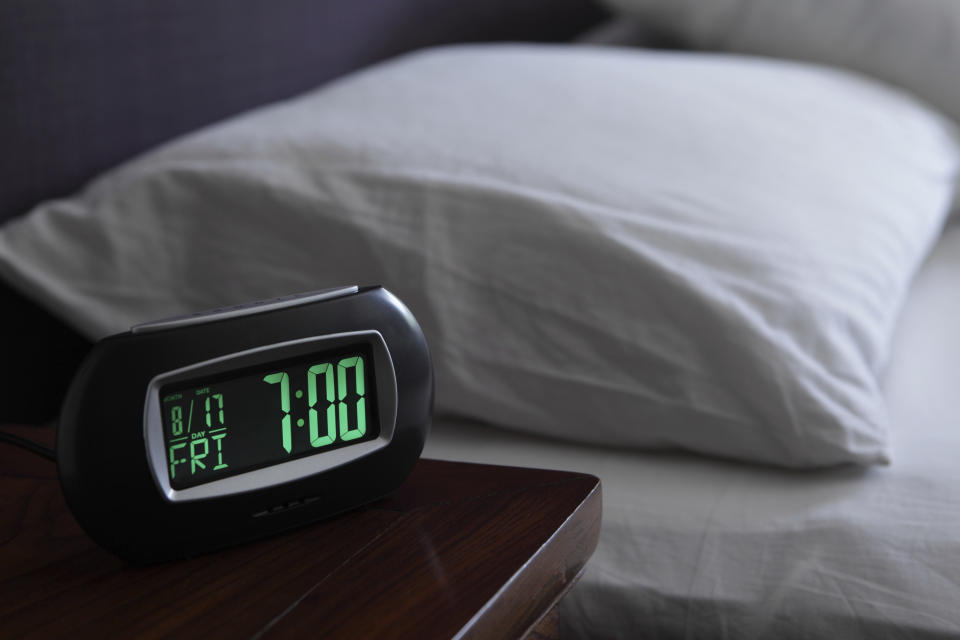
Start prepping early
While “falling back” can be a great way to sneak in an extra hour of sleep, the end of Daylight Saving Time can affect circadian rhythm and people may still struggle to adjust to their usual wake-up times.
In order to make the most of the November time change, try to go to sleep at your usual bedtime on Saturday night before the fall back occurs.
You can also wait to adjust your clocks until right before you fall asleep and set your alarm for your usual wake-up time on Sunday morning.
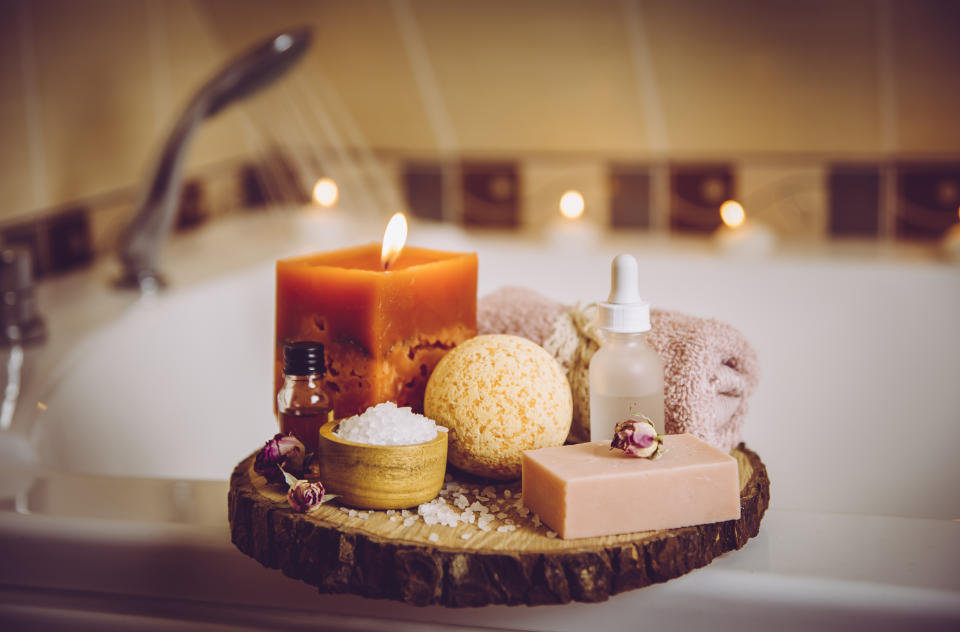
Make the most of your bedtime routine
In addition to going to bed at your usual time, Jewson recommends setting a consistent nighttime routine to help promote sleep.
“You want to avoid screens before bed since blue light does affect the amount of melatonin (sleep hormone) you produce at night,” she noted. “Our bodies like to sleep at lower temperatures, so things like taking a bath help [move] yourself in the right direction.”
Relaxing activities like meditation, stretching and yoga can also start the process of readying the body for bed, helping you fall asleep more easily.
If you’re looking for more of Amanda’s top sleep picks, read on for some of her favourite items for a restful sleep.
Headspace App
“There’s tons of apps that you can download that take you through a body scan or a nice little sleep meditation so you can have a better rest or if you’re having trouble falling asleep.”
Luxe Move-In Bundle
“It seems really basic, but investing in really quality sleep products like a good bed, good sheets and comforters, really [does] make a difference.”
AmazonBasics Down Alternative Bed Pillows for Stomach and Back Sleepers
“Whether you’re a side sleeper, a back sleeper, a tummy sleeper - you want a pillow with the right amount of support for your position.”
The Endy Mattress
“[My husband and I] have an Endy bed actually, and my husband is very picky. He said this is probably the best bed we have ever slept on.”
Let us know what you think by commenting below and tweeting @YahooStyleCA! Follow us on Twitter and Instagram and sign up for our newsletter.

